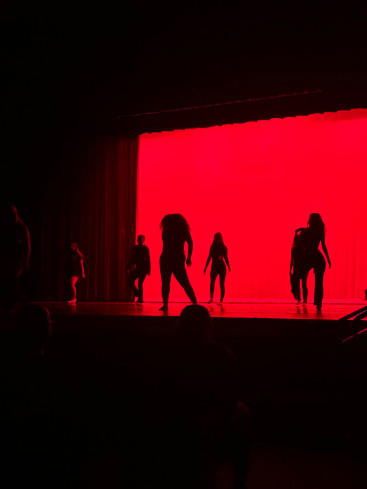Sound Opinions
How electoral is it really?

Through our country’s history, the Electoral College has made voting decisions for the public. The Electoral College today limits the United States from having a direct democracy and takes away the direct voices of Americans.
October 19, 2016
Since the creation of the United States’ formation of freedom in 1776, our country searched for ways to be different from the rule of Great Britain. The Constitutional Convention of 1787 marked a turning point in democracy. The Electoral College system was written and finalized into the framework of our government, and today still stands. Though with modern voting methods, the College is not as effective as the framers’ original intentions.
Originally, the Electoral College was created to limit the direct election of a president. There is a saying that power is found in masses, and this is what the founding fathers feared. They created a system to create a buffer between citizens and the electing of a president. Then, this was effective and a secure was of demonstrating how different America was from Great Britain.
There have been situations where individual voting and Electoral votes chose two different outcomes, creating a situation most likely not thought of by founding fathers. In the 2000 Presidential election, candidates Al Gore and George W. Bush were running neck in neck as the last minutes of the election drew near. The final tally of popular votes left Al Gore with 48.38% of total votes and George W. Bush with 47.87%. In this same instance, the Electoral College voted George W. Bush into office, giving 271 electoral votes to Bush and 266 votes to Gore. Here, the popular vote did not win the presidential position. Many argue that this is not a fair representation of the public’s opinion, considering that the popular vote was not given a heavy consideration when determining the president.
Protected under the Constitution, voting remains a given right for all American citizens. Though there is not a literal way to rid the public from voting, the Electoral College is the next best Constitutional way to do so. Although the College is a body of representatives from each state, elected by the state’s citizens, as a whole, it is not efficient for representing a nation’s decision. The winner-takes-all mentality of the voting system gives a single candidate every vote from each state, most commonly shown through swing states like North Carolina and Ohio. There are only two states who split their Electoral votes and defy the winner-takes-all method; Maine and Nebraska divide their votes proportionately depending on the Congressional districts and how many Electoral votes each state receives. This system could become positively impactful on a national scale. By doing so, each state could have the chance to have a closer shot at representation while also giving opportunities to minority parties and third party candidates.
With a system that includes accurate representation and a proportional allocation of voters, the voting process could become a more popular activity and would encourage Americans to vote if they knew their votes would actually count. There is no simple way to have a direct democracy in the United States, but the Electoral College is restraining and limiting the public to an extreme, discouraging voters and making citizens feel as if they are not heard. As the election rises on the horizon, make sure to be educated in our country’s politics and strive to make your voice be heard.











